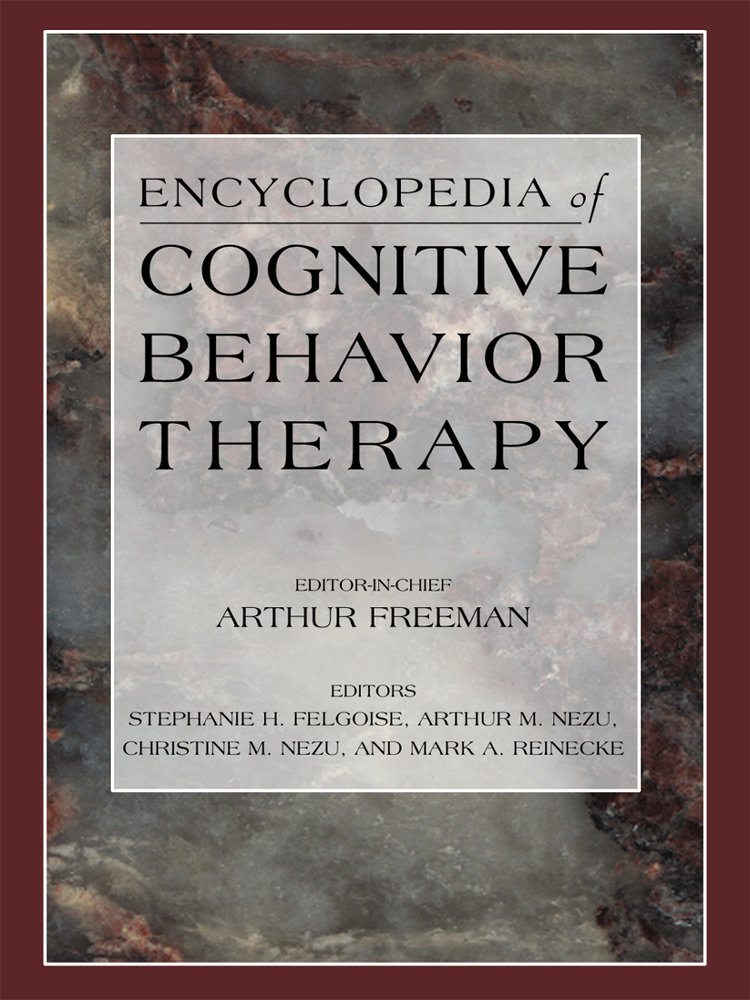One of the hallmarks of cognitive behavior therapy is its diversity today. Since its inception, over twenty five years ago, this once revolutionary approach to psychotherapy has grown to encompass treatments across the full range of psychological disorders. The Encyclopedia of Cognitive Behavior Therapy brings together all of the key aspects of this field distilling decades of clinical wisdom into one authoritative volume.
With a preface by Aaron T. Beck, founder of the cognitive approach, the Encyclopedia features entries by noted experts including Arthur Freeman, Windy Dryden, Marsha Linehan, Edna Foa, and Thomas Ollendick to name but a few, and reviews the latest empirical data on first-line therapies and combination approaches, to give readers both insights into clients´ problems and the most effective treatments available.
- Common disorders and conditions: anxiety, depression,
OCD, phobias, sleep disturbance, eating disorders, grief, anger
- Essential components of treatment: the therapeutic relationship,
case formulation, homework, relapse prevention
- Treatment methods: dialectical behavior therapy, REBT,
paradoxical interventions, social skills training, stress inoculation,
play therapy, CBT/medicine combinations
- Applications of CBT with specific populations: children,
adolescents, couples, dually diagnosed clients, the elderly,
veterans, refugees
- Emerging problems: Internet addiction, chronic pain, narcolepsy
pathological gambling, jet lag
All entries feature reference lists and are cross-indexed.
The Encyclopedia of Cognitive Behavior Therapy capably fills practitioners´ and educators´ needs for an idea book, teaching text, or quick access to practical, workable interventions.




